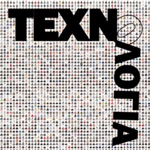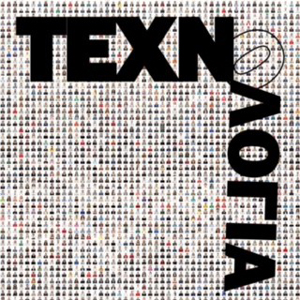A network of artist-devised weather stations gathers climate change data across 28 countries, Elena Goukassian, δημοσίευση The Art Newspaper [12/7/2022]

The World Weather Network, though variable in its scientific rigour, aims to bring “different weather worlds” into dialogue, as one organiser put it
The United States Supreme Court’s decision last month to take power away from the Environmental Protection Agency is one that may, unfortunately, affect the rest of the world much more than it does the US, especially now that the carbon emissions of the second-biggest polluter globally will be significantly harder to regulate. But it can be difficult to grasp the extent of the problem of changing climates, particularly for those who don’t witness it in their immediate surroundings. Citing scientific data is one eye-opening approach; equally powerful (and worthwhile) are the stories of individuals around the world who are personally affected. With this second strategy in mind, the World Weather Network launched last month as an alliance of artists and writers creating “weather stations” (loosely defined) in 28 different countries — many of which are already seeing rising sea levels, changing seasons and more severe natural disasters due to human-caused climate change.
In Bangladesh, ahead of the Dhaka Art Summit in February 2023, artist Kamruzzaman Shadhin has worked with a group of children to help them create a puppet-show video about the monsoon season. The script, written by the show’s young performers, tells the tale of a farmer doing everything he can to bring the rains to grow his rice plants, like performing a frog wedding (a real local custom used in times of extreme drought). But the rain comes harder than expected, forcing the ants to climb up into the trees, and even the rice-plant puppet says it feels like it’s drowning. Bonna, a figure symbolising flood — and a popular given name in Bengali that literally means “flood” — shows no remorse for all the extra water she has brought, yet even as the rice plant drowns, it says, “We need you more than we know. Bonna, come again.”
Η συνέχεια εδώ.





